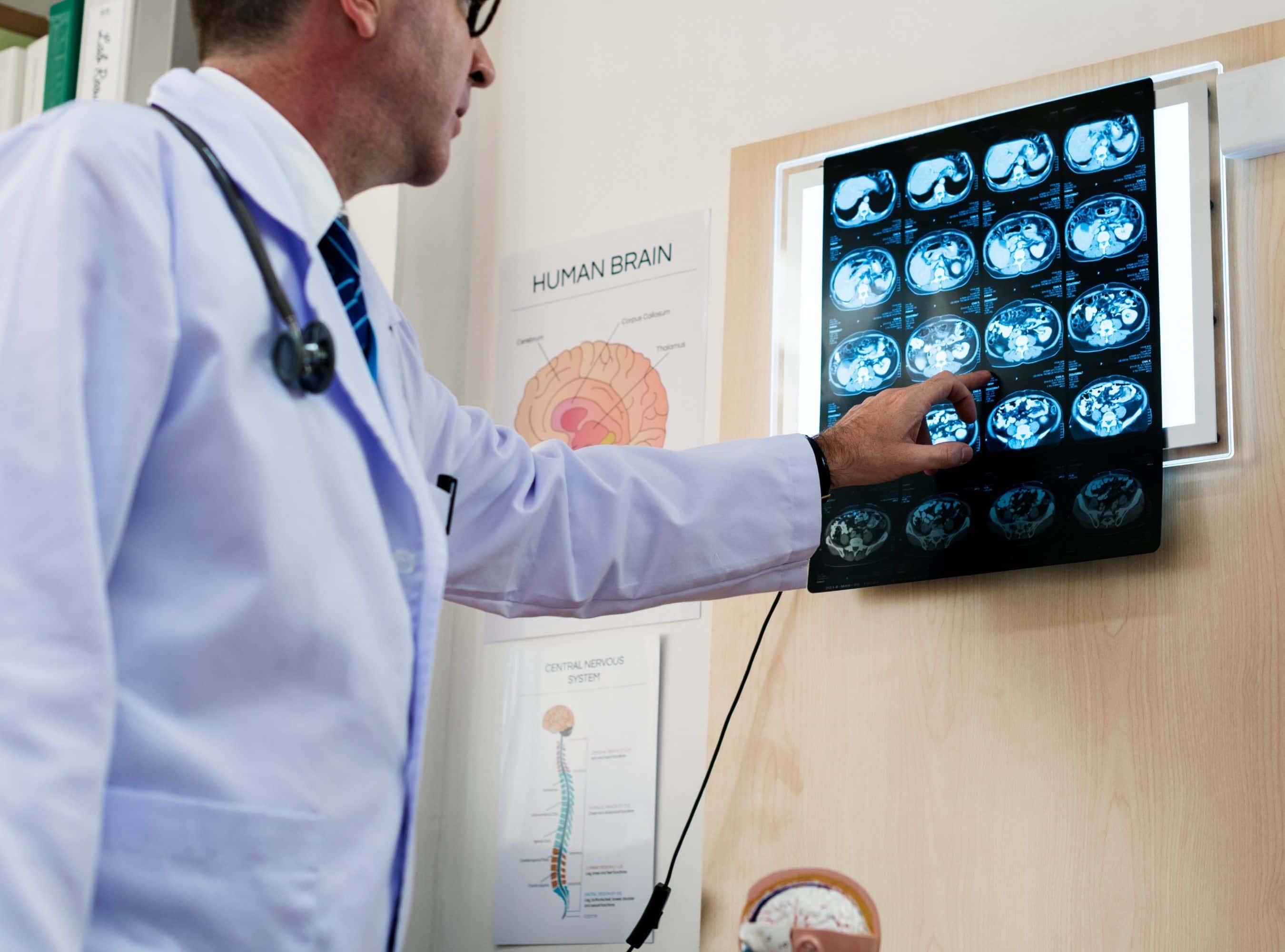Court: United States District Court for the Southern District of FloridaJurisdiction: FederalCase Name: Daniel-Rivera v. Everglades CollegeCitation: 2017 U.S. Dist. LEXIS 214340
Facts
This case involves alleged disability discrimination by a university. The plaintiff, a deaf and non-verbal woman, was admitted to the radiology accreditation program at the defendant institution, Everglades College. At the program’s orientation, however, the defendant rescinded the plaintiff’s admission. The plaintiff claimed that the defendant’s criteria for the rescission merely pretexted unlawful discrimination against her disability. The plaintiff argued the defendant violated both Title III of the American Disabilities Act of 1990 and Section 504 of the Rehabilitation Act of 1973.
In addition to seeking damages, the plaintiff sought injunctive and declaratory relief, including restoration of her admission. The plaintiff also argued for the auxiliary aids and services to ensure that she had full access to the accreditation program, including its clinical rotations. The plaintiff and the defendant each retained a radiology expert to support their cases.
The Radiology Expert Witnesses
The plaintiff’s radiology expert witness was a deaf sonographer with a B.S. and M.A. in diagnostic medical sonography. She was a member of the American Registry of Diagnostic Medical Sonographers and the Society of Diagnostic Medical Sonographers. She was also an actively practicing sonographer at a metropolitan medical center. The expert offered testimony on how the plaintiff could fulfill the duties and responsibilities as a radiology technician with the help of an interpreter.
The defendant’s radiology expert witness was a licensed radiology technician (RT). He graduated from University of Miami School of Medicine and had been practicing for 39 years. He was also a professor in the RT system. The expert’s proposed testimony included an explanation of an RT’s tasks and the physical requirements to fulfill those duties. He also opined on an RT’s interaction with patients and the process of developing radiologic film.
Both parties filed Daubert motions to exclude each other’s expert witnesses from testifying.
Discussion
The court examined the parties’ arguments that if a proffered expert did not have expertise in every aspect of this case—nonverbal communication and radiology technicians’ functions—then the court should disqualify their testimony. The court found this to be an absurd position and that it would lead to only deaf RTs and their supervisors being left as qualified witnesses. The court noted that both parties’ experts were sufficiently qualified with respect to experience and education.
Further, the court asserted they could both provide useful, relevant evidence that would likely assist the jury in understanding the case issues, which were undisputedly “beyond the understanding of the average lay person,” citing U.S. v. Frazier. The court found that each of the proposed experts was qualified under Daubert. As such, the court refused to exclude the experts before trial. The court also noted that the parties’ claims to exclude the experts should impact only the persuasiveness and weight of the expert testimony and not its admissibility.
Held
The parties’ motion to exclude each other’s radiology expert witnesses was denied.
About the author
Wendy Ketner, M.D.
Dr. Wendy Ketner is a distinguished medical professional with a comprehensive background in surgery and medical research. Currently serving as the Senior Vice President of Medical Affairs at the Expert Institute, she plays a pivotal role in overseeing the organization's most important client relationships. Dr. Ketner's extensive surgical training was completed at Mount Sinai Beth Israel, where she gained hands-on experience in various general surgery procedures, including hernia repairs, cholecystectomies, appendectomies, mastectomies for breast cancer, breast reconstruction, surgical oncology, vascular surgery, and colorectal surgery. She also provided care in the surgical intensive care unit.
Her research interests have focused on post-mastectomy reconstruction and the surgical treatment of gastric cancer, including co-authoring a textbook chapter on the subject. Additionally, she has contributed to research on the percutaneous delivery of stem cells following myocardial infarction.
Dr. Ketner's educational background includes a Bachelor's degree from Yale University in Latin American Studies and a Doctor of Medicine (M.D.) from SUNY Downstate College of Medicine. Moreover, she is a member of the Board of Advisors for Opollo Technologies, a fintech healthcare AI company, contributing her medical expertise to enhance healthcare technology solutions. Her role at Expert Institute involves leveraging her medical knowledge to provide insights into legal cases, underscoring her unique blend of medical and legal acumen.



